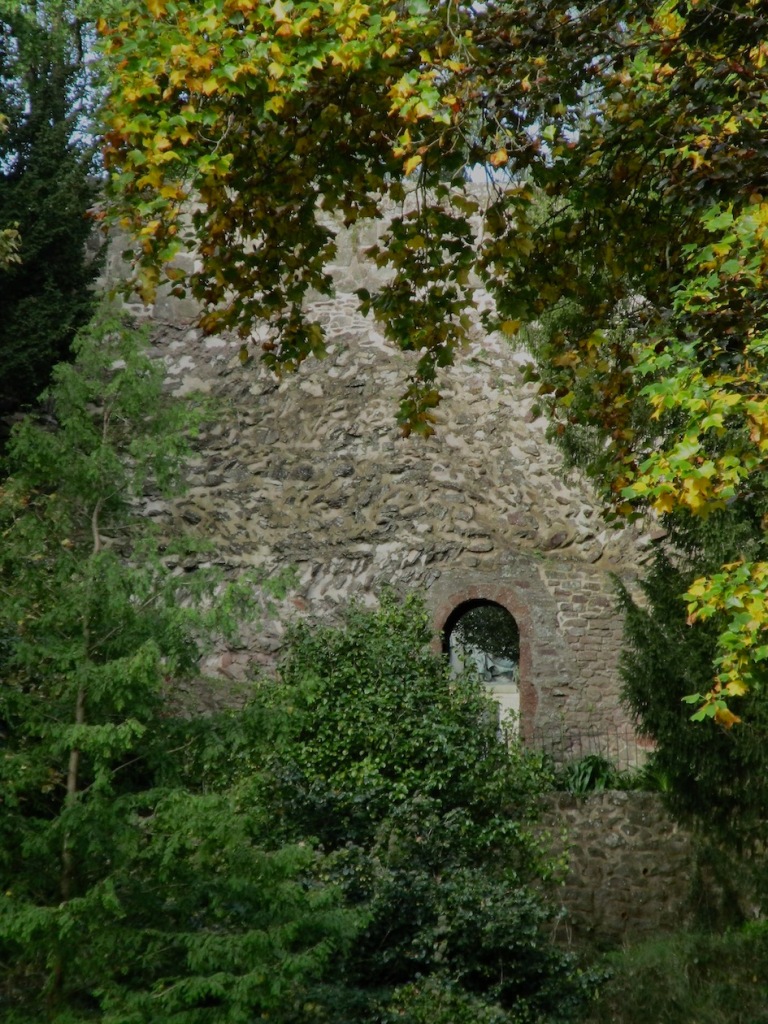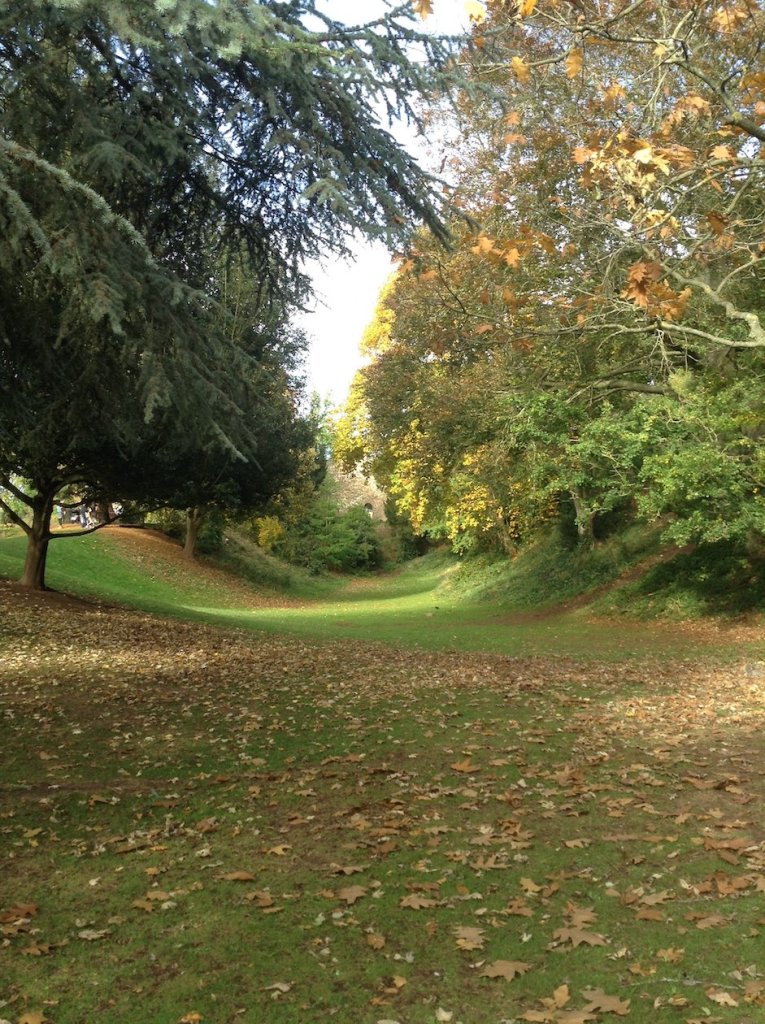In my novel A Moon Garden, there were two lovers who could not marry legally in England in 1785. This was because of the Marriage Act, passed by Parliament in 1753. For a marriage to be legally binding, the ceremony had to be conducted by a minister in a church or chapel of the Church of England. Jews and Quakers were exempt from this restriction, but Anglicans and Catholics were not. The law also set the age of consent at 21. The Act remained in effect until 1836.
It did not apply in Scotland, however. Under Scottish law, couples could wed on the spot in front of two witnesses. They only needed to declare that they were both free to marry. As a result, thousands of English couples eloped to Gretna Green, which was the village they reached as soon as they crossed the border from England into Scotland. The first building they saw was the blacksmith’s shop. The blacksmith developed a lucrative side business presiding over civil marriage ceremonies, and became known as the Anvil Priest.
The couple in A Moon Garden travelled to Gretna Green for their wedding. The blacksmith conducted a brief handfasting ceremony, then declared, “‘You have tied the knot. I pronounce you husband and wife.’” With that, the blacksmith raised a metal hammer and lowered it with great force against the anvil, producing a loud ringing sound.”
I was happy to discover a series of five narrative paintings by British historical genre painter John Arthur Lomax, depicting the anvil wedding of an anxious couple at Gretna Green. It looks just how I had envisioned it!













